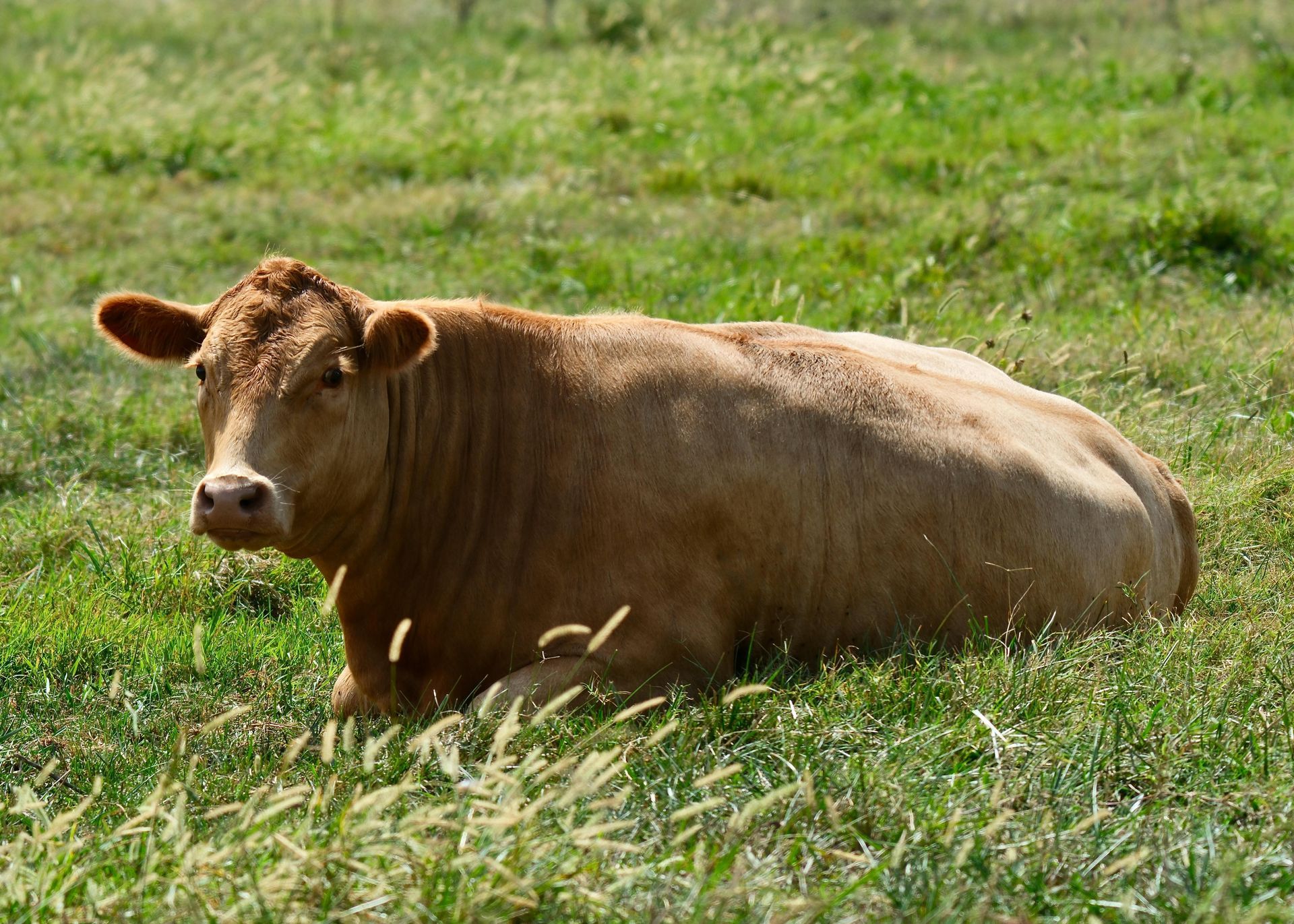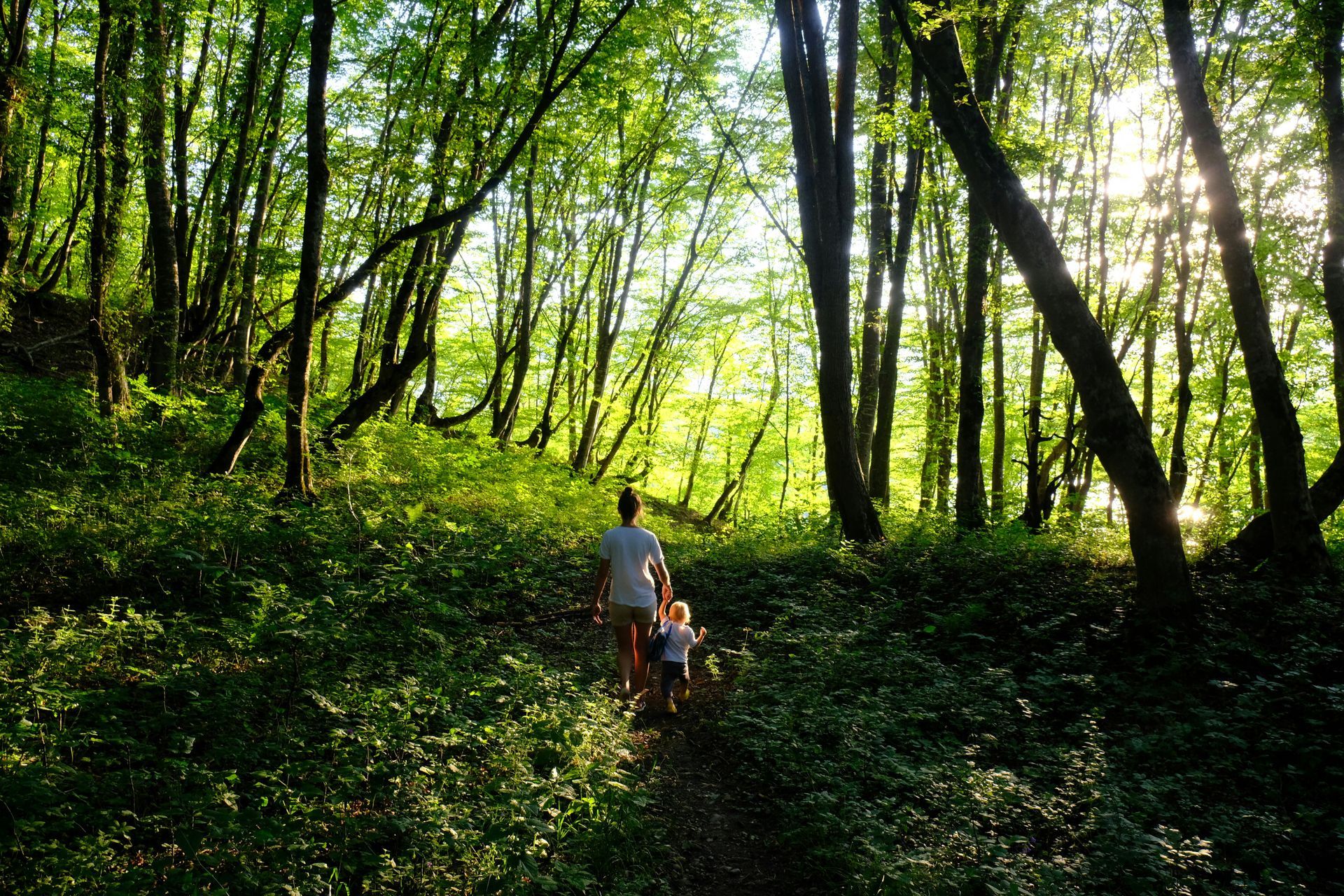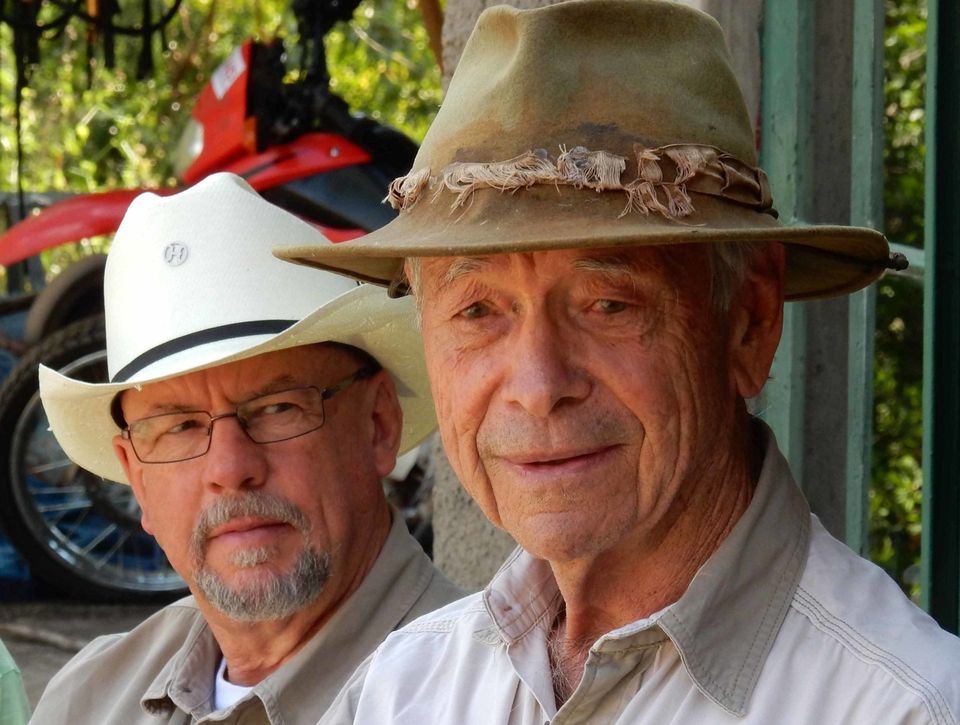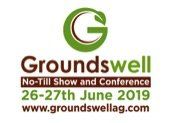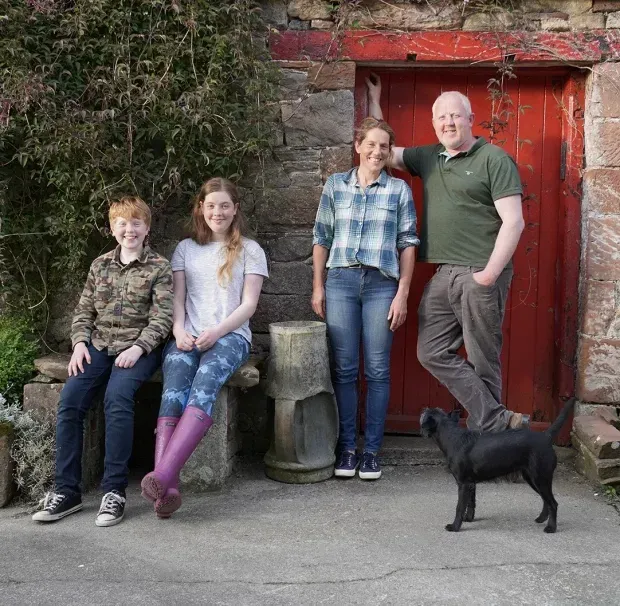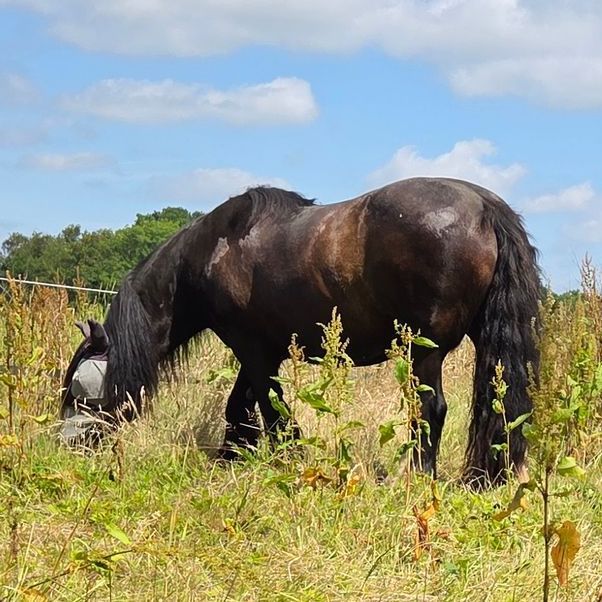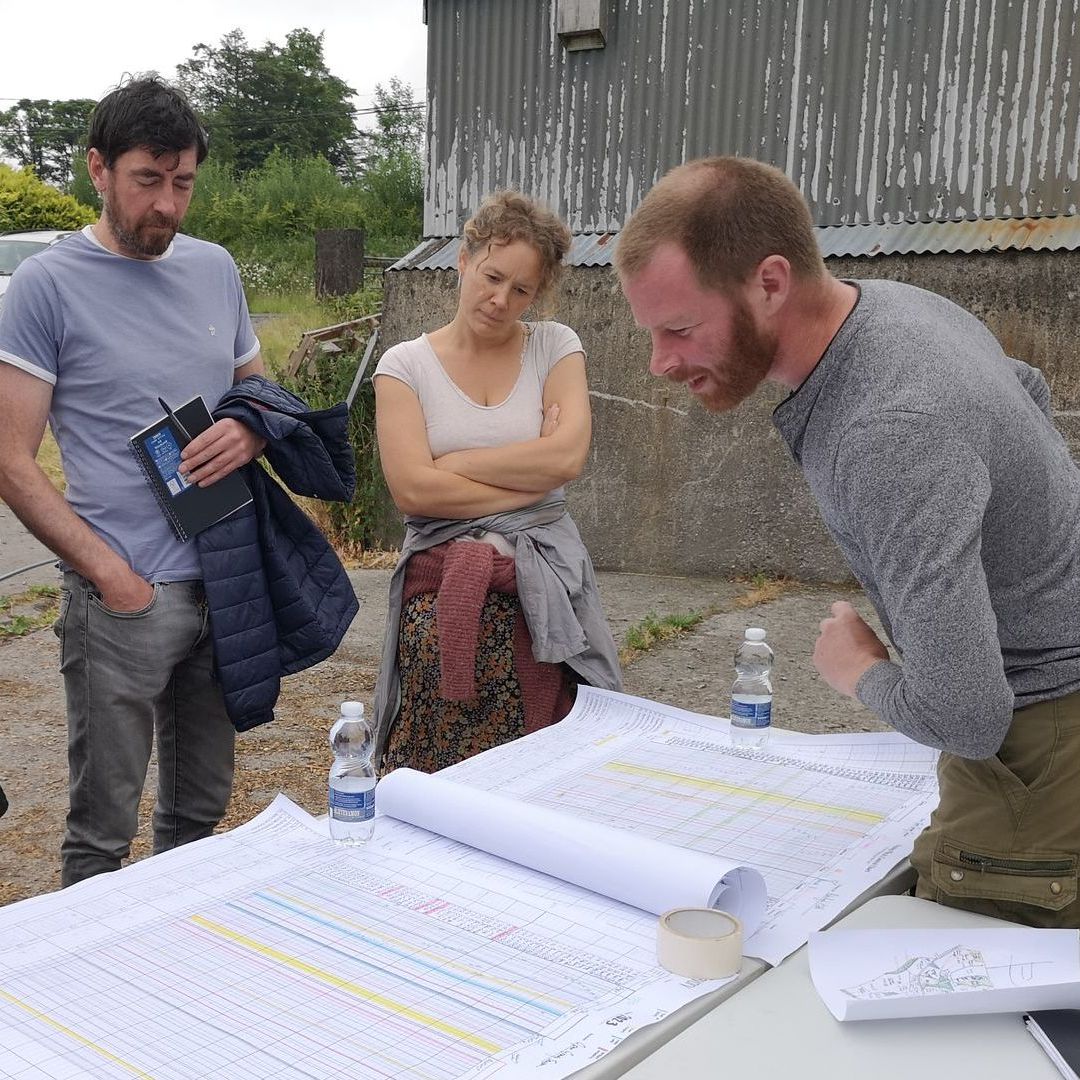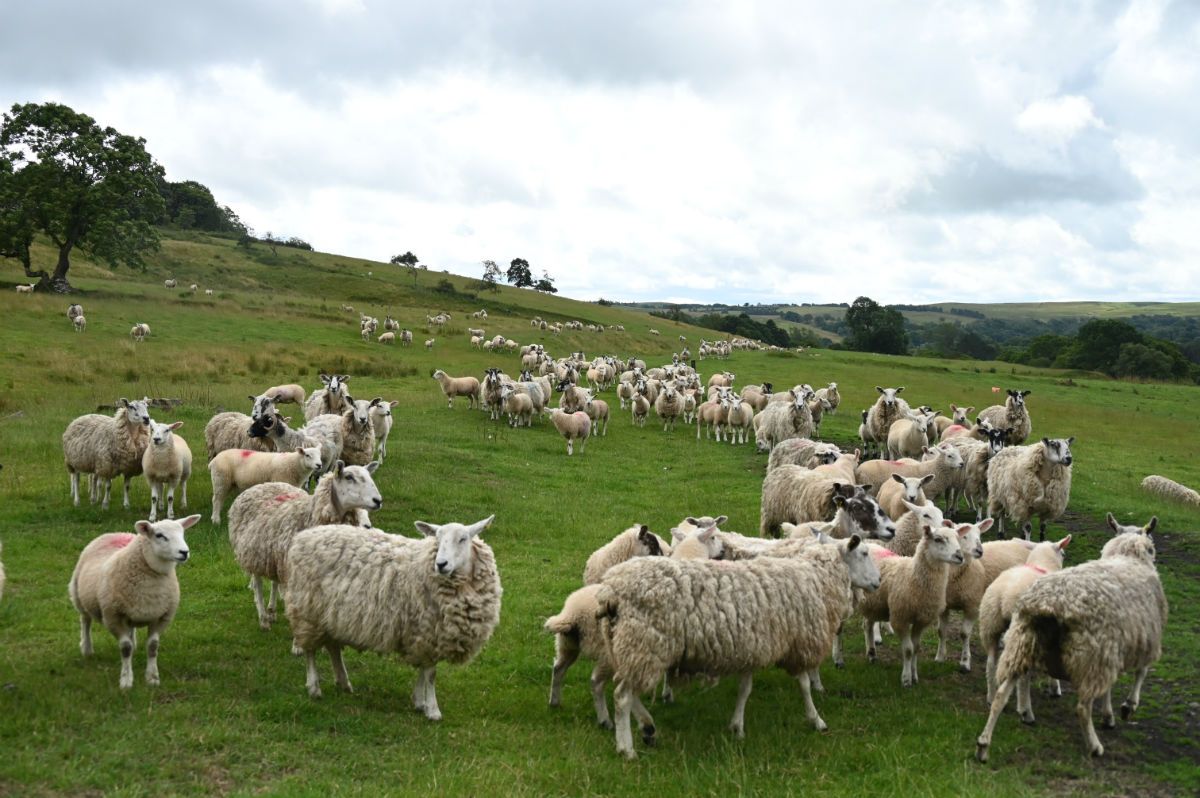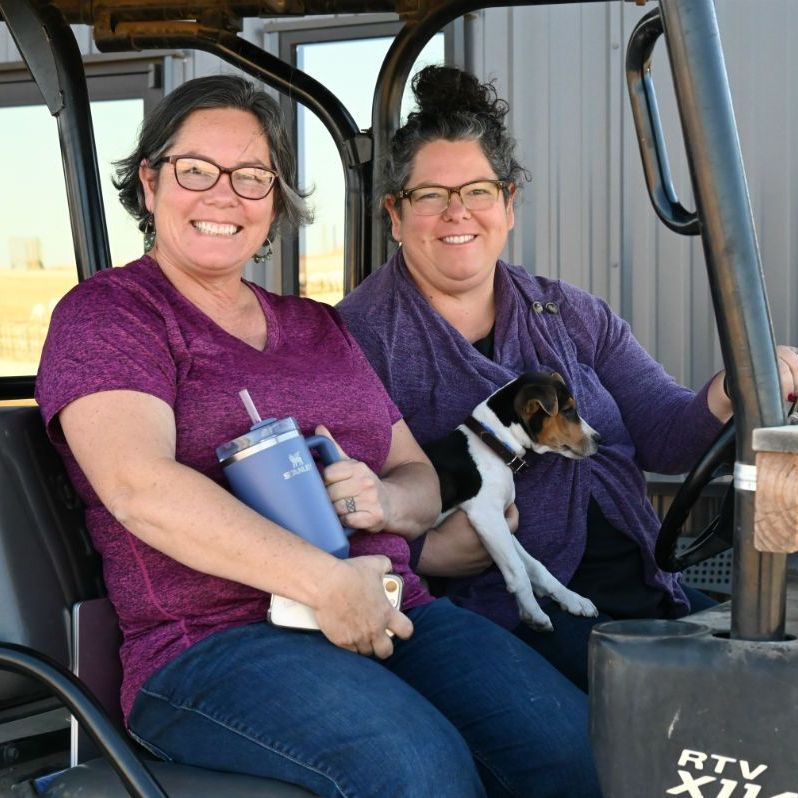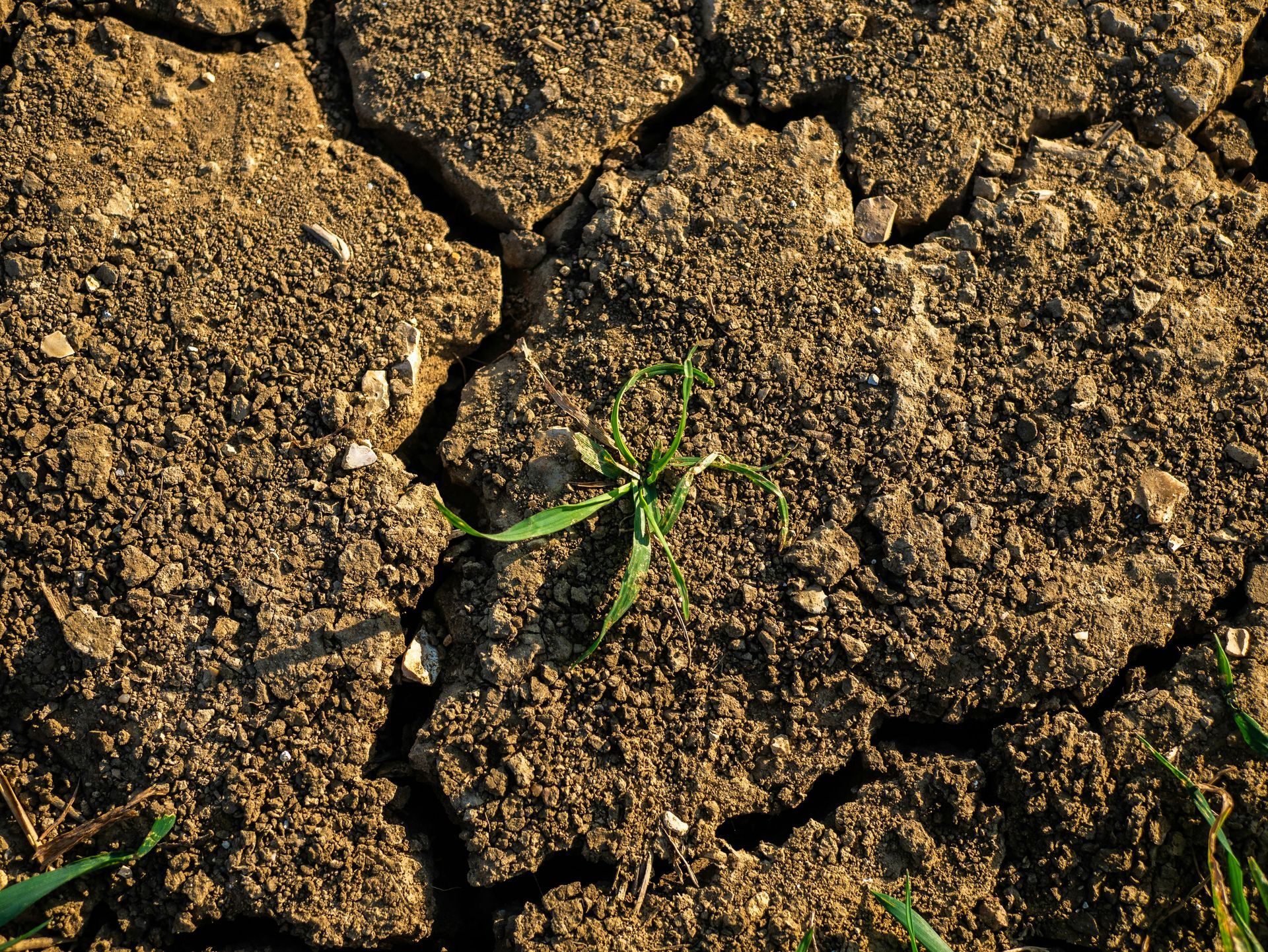Allan Savory is Speaking at Groundswell
Groundswell: the forum for farmers who want to grow and profit from a healthy soil
We are delighted to tell you that Allan Savory
will be the keynote speaker at Groundswell
, the 26th-27th of June 2019, at Lannock Manor Farm in Hertfordshire.
Other holistically-minded speakers include Charles Massey, author of The Call of the Reed Warbler,
which is about holistic management in Australia; Isabella Tree of Knepp Castle; and Christopher and Sheila Cooke of 3LM.
Wednesday, 26th of June
- 9:00 Allan Savory presents, A Commonsense Revolution .
- 11:00 Charles Massey presents, The Call of the Reed Warbler.
- 13:00 Book signing with Allan Savory, at the 3LM stand SB8.
- 17:00 Dinner with friends of Allan Savory & Jody Butterfield at Groundswell. Find out more information and book here.
- 9:00 Allan Savory presents, The Importance of Managing Holistically .
- 10:00 Christopher and Sheila Cooke present, What Can Soil Tell You?
- 14:00 Isabella Tree presents, Rewilding.
- 15:00 Charles Massey presents, The Call of the Reed Warbler.
- 16:00 Conversations from the Edge, featuring Allan Savory, at the Rudolf Steiner House in London. Find out more information and book here.
This is the fourth year of Groundswell, and it's grown massively each year. In 2017, there were 750+ attendees, and in 2018, it leapt to 1400. Organisers are expecting 1800 this year. We encourage you to get your tickets soon, as Groundswell is usually a sell-out! Use this link.
Visit 3LM in Stand SB8.
‘Groundswell’, - The forum for farmers who want to grow and profit from a healthy soil
Groundswell, the agricultural show focused on no-till techniques, soil regeneration and the value of livestock in arable and mixed farming, situations returns on 26-27th June at Lannock Manor Farm, Hertfordshire.
Groundswell presents practical ideas on how to farm in the new environmental and political climate while regenerating your core asset – the soil. It is an independent event featuring speakers, workshops and seminars; exhibitions from a wide range of innovative farming companies and field scale direct drill demonstrations.
Speakers: The show features a range of respected voices in regenerative agriculture, including: Allan Savory (Zim), Founder of The Savory Institute and world leader in Holistic Management; Charles Massy (Aus). Leader of Australia’s regenerative agriculture movement; Joel Williams , an independent soil advocate who unravels the links between healthy soils and plant health; Jay Fuhrer , (USA) a Soil Health Specialist employed by the Natural Resources Conservation Service in Bismarck, North Dakota; Frédéric Thomas , (France), a leading proponent of Conservation Agriculture in France and around the world; Isabella Tree , Author of “Wilding” and responsible for the 3,500 acre rewilding project at Knepp Estate in West Sussex.
Discussion Panels & Workshops include: The AHDB Soil Pit, the Affinity Water Catchment Hub, Agricology Discussion Tent, and new for 2019 – the ‘Food for Thought’ stream with panels on “How to beat the supermarket” and “Food and Health – Growing Connections”.
Direct Drill Demonstrations will take place on both days, 12 machinery manufacturers illustrating seeding directly into standing cover crop with minimal soil disturbance.
Paul Cherry, Host Farmer: “The Government’s stated ambition for the future of food, farming and the environment is that public money will be spent on public goods that enhance natural capital. The new Environmental Land Management System will bring in a new era for farming. For any farmer looking to adapt to this scenario whilst maintaining viability as a food producer, Groundswell is the place to be.”
“Groundswell is a unique agricultural show in the fact that you can spend a day learning the principles of Conservation Agriculture, whilst also engaging with the organisations who can help make it a reality. Groundswell offers a welcoming environment for two days of information exchange with some of the world's most experienced "soil caretakers" - the farmers, scientists and the organisations who all have a role in shaping the future of UK farming.”
Exhibitors
Alongside the 12 drill manufacturers there are 90 Exhibiting organisations representing their services and products aimed towards farmers with an interest in regenerative agriculture. Groundswell is an independent event created by the Cherry farming family at Weston Park Farms in Weston, Hertfordshire, it is now in its fourth year. In 2018 1,400 attendees visited Groundswell over two days from all over the UK and the rest of the world.
3LM, Land and Livestock Management for Life, will be exhibiting at Stand SB8.
Logistics
The event location is: Lannock Manor Farm, Weston, Hitchin, Hertfordshire SG4 7EE; it is within a mile of Junction 9 of the A1(M) in North Hertfordshire on Wednesday 27th and Thursday 28th June 2018
Tickets
Delegate Tickets are available at £60 (+VAT) for one day or £95 (+VAT) for both days.
